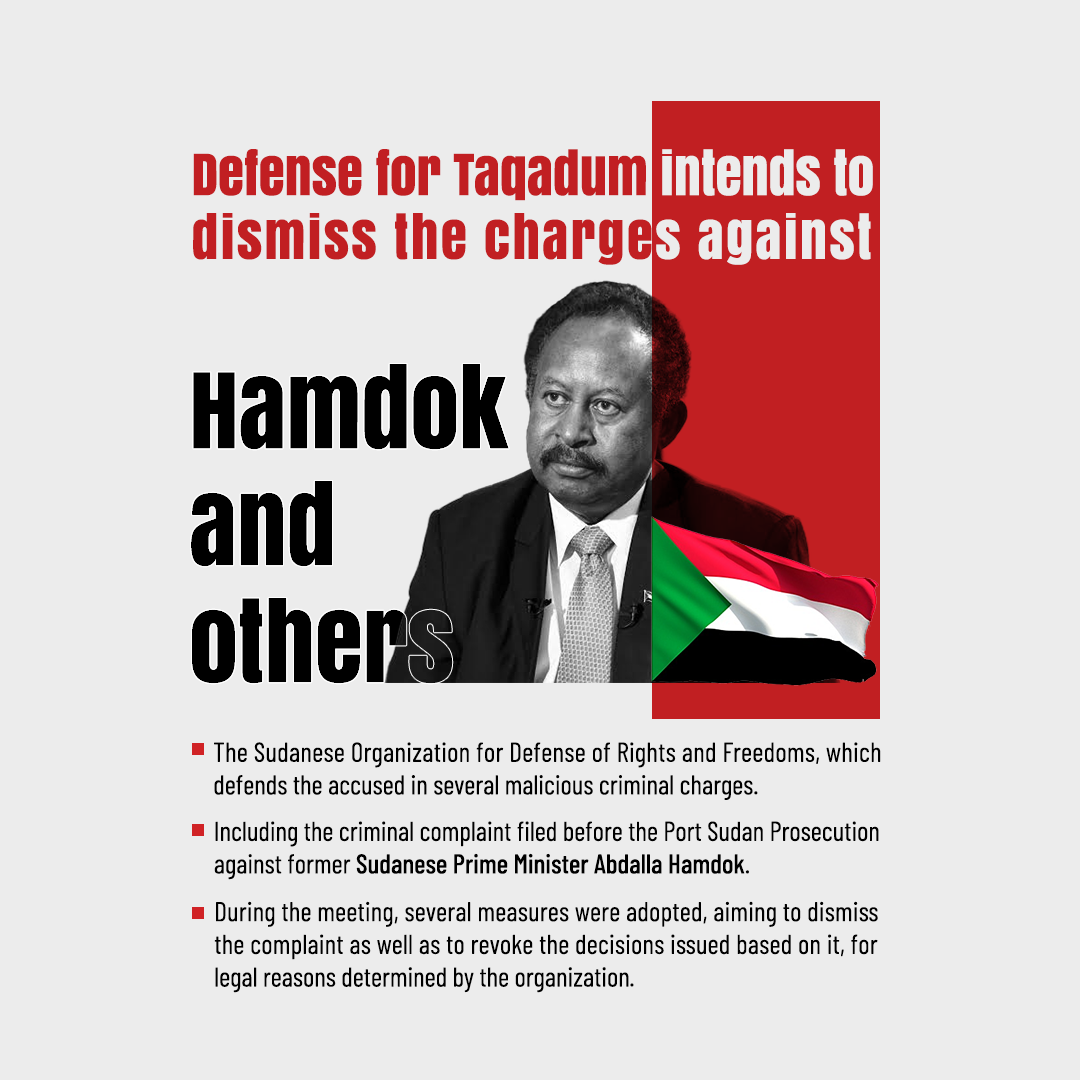Hamdok Signs Nairobi Declaration for Peace and Secular State in Sudan
In a significant development, former Sudanese Prime Minister Abdullah Hamdok, along with leaders from two armed factions, has signed an agreement in Nairobi that aims to end the ongoing conflict in Sudan. The agreement, known as the Nairobi Declaration, was signed by Hamdok, Abdul Wahid al-Nur, leader of the Sudan Liberation Movement in Darfur, and Abdulaziz al-Hilu, leader of the Sudan People's Liberation Movement-North, in the presence of Kenyan President William Ruto.
Key Provisions of the Nairobi Declaration
The Nairobi Declaration calls for an immediate cessation of hostilities and the establishment of a secular state. It grants the right to self-determination to the people of Sudan if the principles outlined in the agreement are not incorporated into the country's permanent constitution.
Vision for a Secular and Inclusive State
The agreement emphasizes the creation of a secular state that maintains neutrality and treats all religions, cultures, and identities equally. It envisions a civil state where all Sudanese citizens share power and resources equally, guaranteeing freedom of religion and thought.
Call for Ceasefire and Comprehensive Peace
The declaration urges the Sudanese Armed Forces and the Rapid Support Forces to cease fire immediately and work towards a permanent cessation of hostilities throughout the country. It also highlights the necessity of forming a new national army with a military doctrine that represents all Sudanese people.
The Ongoing Conflict and Humanitarian Crisis
Sudan has been engulfed in a brutal conflict for over a year, primarily between the national army and the Rapid Support Forces. According to United Nations reports, the war has resulted in the deaths of 14,000 people and displaced approximately two million individuals, causing widespread devastation to the country's infrastructure.
Hamdok's Role and the Broader Coalition
Hamdok, who heads the Democratic Civil Forces Coordination (Taqaddum), an alliance of political parties, armed factions, and trade unions, aims to create a broad coalition to end the war. However, he signed the agreement with al-Nur and al-Hilu as a former prime minister, not in his current capacity as head of Taqaddum.
Challenges and Reactions
The Sudan Liberation Movement's spokesperson, Mohamed al-Nayir, clarified that the movement did not recognize the Democratic Civil Forces Coordination. They insisted that Hamdok sign the agreement as a former prime minister rather than as the leader of Taqaddum. Al-Nayir emphasized this condition in his statement to the BBC, underscoring the complexities of Sudan's political landscape.
The Nairobi Declaration represents a hopeful step towards resolving Sudan's longstanding conflicts and building a peaceful, secular, and inclusive state. The agreement's success will depend on the commitment of all parties involved to adhere to its principles and work towards a unified and stable Sudan.



تعليقات
إرسال تعليق